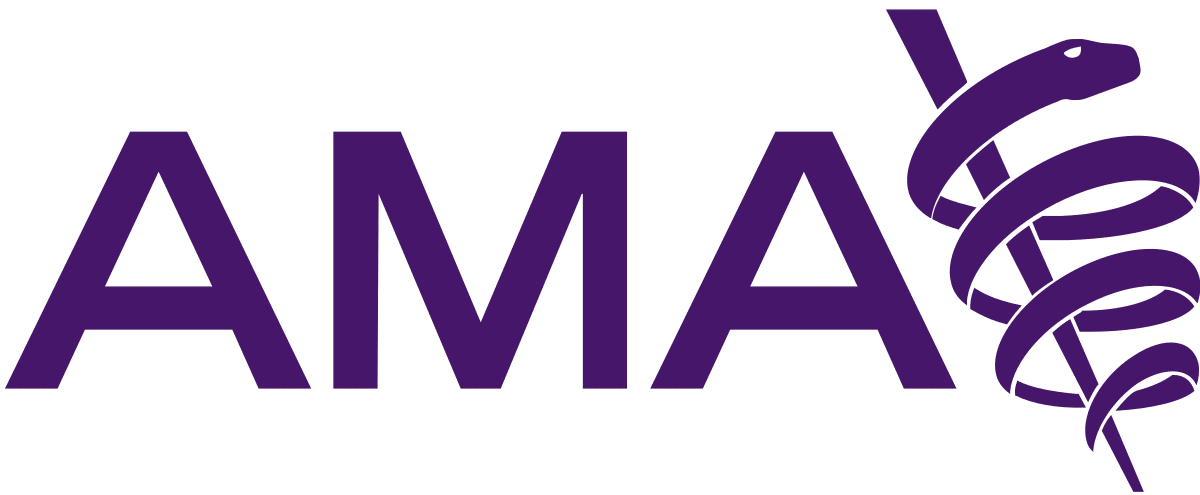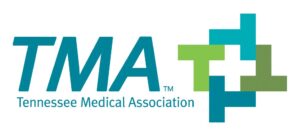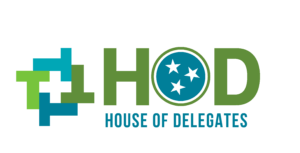
Due to ongoing discussions and advocacy the AMA has being having with CMS on the impact the COVID-19-PHE is having on physician practices, CMS will apply the Automatic Extreme and Uncontrollable Circumstances Exemption Policy (EUC) for the 2021 MIPS performance year. This 2021 policy change recognizes the continued challenges physicians face with providing care during the PHE and reduces administrative burden. Therefore, if a physician participates in MIPS as an individual, they don’t need to take any action to have the automatic EUC policy applied to them. CMS will automatically identify and re-weight all 4 MIPS performance categories reweighed to 0% and receive a neutral payment adjustment for the 2023 MIPS payment year unless the physician 1) submit data in 2 or more performance categories, or 2) have a higher final score from group or APM Entity participation.
Unfortunately, due to a systems issue if a physician or small practice participates in the 2021 MIPS program by submitting Part B quality measures through claims and has submitted quality data codes on their 2021 Medicare claims, they will need to still file a 2021 MIPS Hardship EUC to avoid a 2023 payment adjustment and be exempt from the 2021 MIPS program.
If a group practice that typically participates in MIPS as a group has not submitted 2021 data, then the automatic EUC policy will apply to the individual physicians within the group. If the group has submitted any 2021 data, then they will need to apply for the EUC to avoid a 2023 payment adjustment.
Essentially, if the physician or practice has not submitted any 2021 MIPS performance data, then the automatic EUC will apply to the physician.
PY2021 EUC Exception Applications can be submitted by signing in to qpp.cms.gov and clicking Exception Applications on the left-hand navigation.
For more detailed information on the automatic EUC policy and CMS announcement, please see email below.
|










